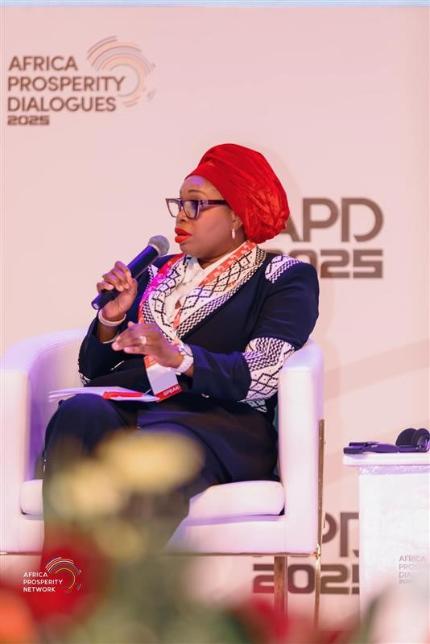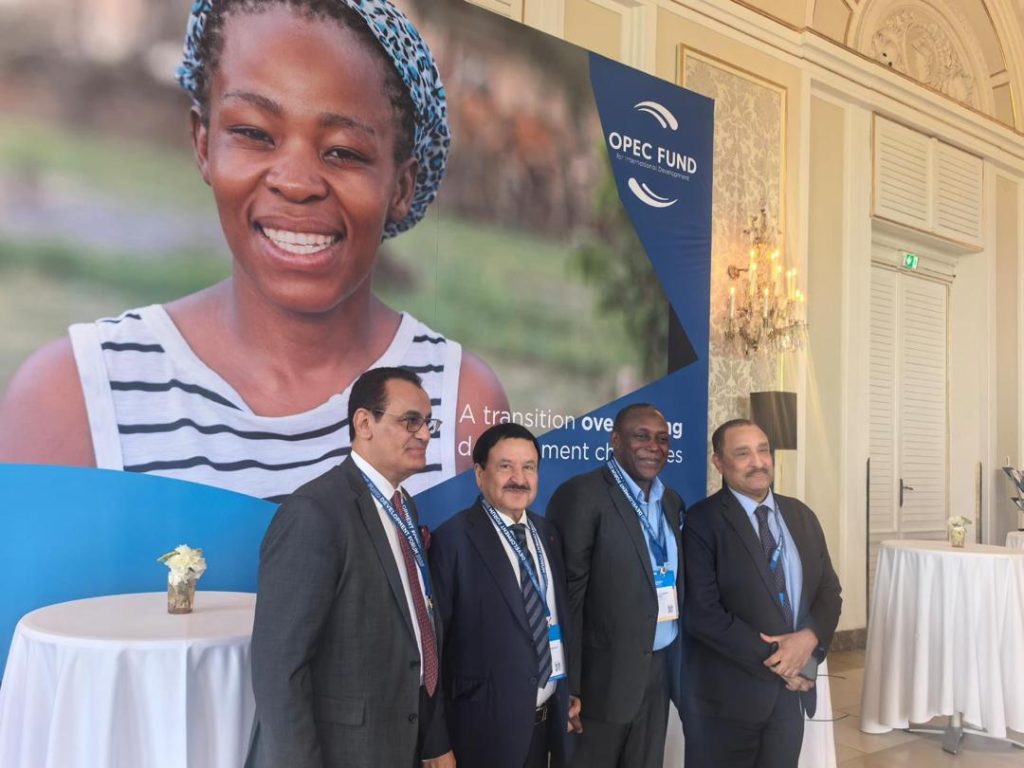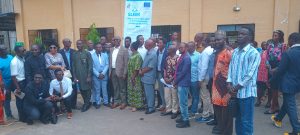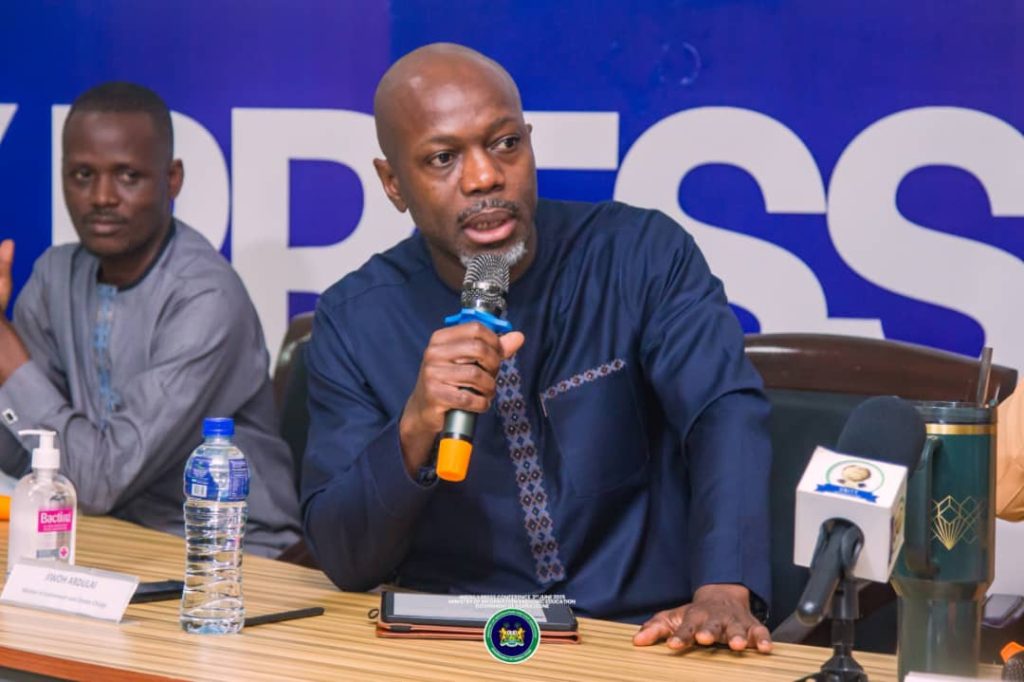UBA Kone-Thiam Advocates for Bankable Projects at Africa Prosperity Dialogue

Sarata Kone-Thiam’s participation in the Africa Prosperity Dialogue 2025 underscores the critical role of sustainable infrastructure financing in Africa’s future economic growth. Her emphasis on creating bankable and investment-ready projects is vital, as it points to a significant gap in the continent’s ability to attract investment for large-scale infrastructure projects. For Africa to bridge this gap, it needs to prioritize initiatives that not only meet immediate developmental needs but also attract long-term investors who are looking for financially sustainable and scalable projects.
The dialogue, with its focus on the theme “Delivering Africa’s Single Market through Infrastructure: Invest. Connect. Integrate,” highlighted the broader challenge of economic integration across African nations. Despite the continent’s vast natural resources and human capital, infrastructure development has remained a bottleneck in realizing its full economic potential. The panel discussion facilitated by leaders from various sectors, including business, finance, and development, focused on innovative solutions to tackle this challenge, particularly through strategic partnerships and cross-border collaborations.
One key aspect that Kone-Thiam brought attention to was the importance of fostering trust between African investors and international stakeholders. Without this trust, it is unlikely that sustainable investments will flow into the continent. African countries must ensure that their projects are structured in a way that appeals to investors—this means creating clear, transparent, and attractive proposals that promise long-term returns. The role of African governments and businesses in this regard cannot be overstated, as they must demonstrate their commitment to both economic and legal stability to ensure that investors feel secure.
Further, the untapped potential of Africa’s own capital—particularly pension funds and remittances—was highlighted by both Kone-Thiam and other panelists. Africa’s pension funds, valued at nearly $1 trillion, are largely underutilized when it comes to funding infrastructure. Less than 1.5% of these funds are currently invested in infrastructure, yet this capital, if strategically channeled, could unlock significant financing for transformative projects. Additionally, the annual $100 billion in remittances sent by the African diaspora represents another source of potential capital that could be redirected into infrastructure projects. Kone-Thiam’s call for better structuring of these resources to fund critical projects could be a game-changer for the continent’s growth trajectory.
The discussion also touched upon the need for a stable regulatory environment to attract investment. Antoinette Kwofie, CFO of MTN Ghana, pointed out that a consistent and predictable regulatory framework is essential for investors to feel confident about their long-term commitments in Africa. Investors need to know that their investments will be protected and that they will have a clear understanding of the rules and regulations governing the markets they are entering. Without this assurance, many potential investors may be hesitant to commit their capital.
Olumide Ogun, Partner at Argentina Capital, made a powerful statement by emphasizing that Africa is not poor—it is simply not utilizing its resources efficiently. He pointed out that the $1 trillion in pension funds and other resources that Africa holds are not being directed towards critical infrastructure projects. By strategically allocating even a small portion of these funds, Africa could unlock billions in financing annually. This insight reinforces the idea that Africa has the resources needed to fuel its development; it just requires a shift in how those resources are utilized and directed toward long-term investments.
David Ziyambi, a Partner at Latham & Watkins LLP, echoed the sentiment that legal and regulatory reforms are necessary for the continent to attract large-scale infrastructure investments. Modernizing Africa’s financial laws to accommodate these investments is key to creating an environment that is attractive to both local and international investors. These reforms would help ensure that infrastructure projects are not only financially viable but also legally protected, thereby reducing risks for investors.
Ultimately, Kone-Thiam’s concluding remarks about Africa’s need to take control of its own development were a call to action for both public and private sectors. Africa’s future depends on its ability to leverage its own resources, build investment-ready projects, and create an ecosystem of trust that will attract both local and international investors. As Africa’s global bank, UBA has been at the forefront of financing key development projects across the continent, demonstrating that sustainable financing solutions are not just a theoretical ideal but an achievable goal.
As the continent looks to the future, it will need to continue focusing on internal resource mobilization and collaboration across borders. If African countries can overcome the challenges of structuring investments, improving the regulatory environment, and tapping into their vast financial resources, they could create a robust foundation for infrastructure development that will drive economic growth for generations to come. The question remains: Is Africa moving in the right direction to unlock these funding opportunities, or are there more systemic challenges that need to be addressed? While the potential is undeniable, there are still significant hurdles—such as political instability, inconsistent regulatory environments, and the need for capacity-building in financial management—that must be tackled in order for the continent to fully realize its infrastructure financing goals. The journey toward sustainable and transformative growth will require continued collaboration, innovation, and a commitment to overcoming these obstacles





